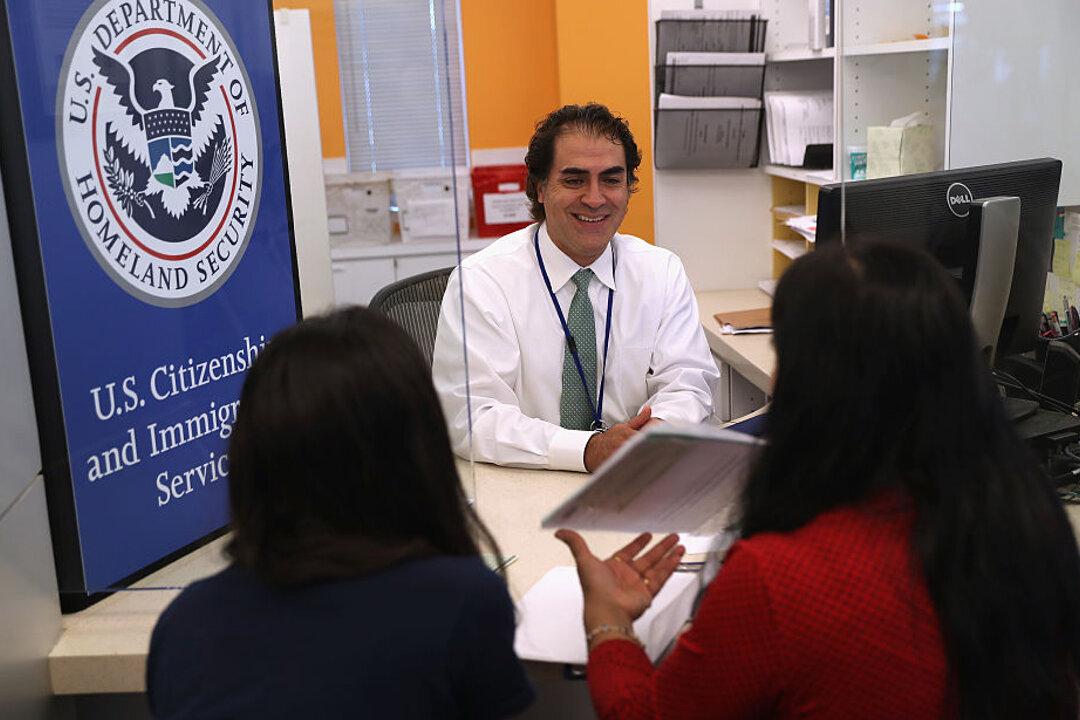The U.S. Citizenship and Immigration Services (USCIS) issued a new policy alert on Aug. 28 that will limit how children born to military personnel and government employees working outside the United States automatically acquire citizenship.
The new policy made few changes to the old one that naturally gave U.S. citizenship to any child born to U.S. citizens working with the government or military while abroad.





